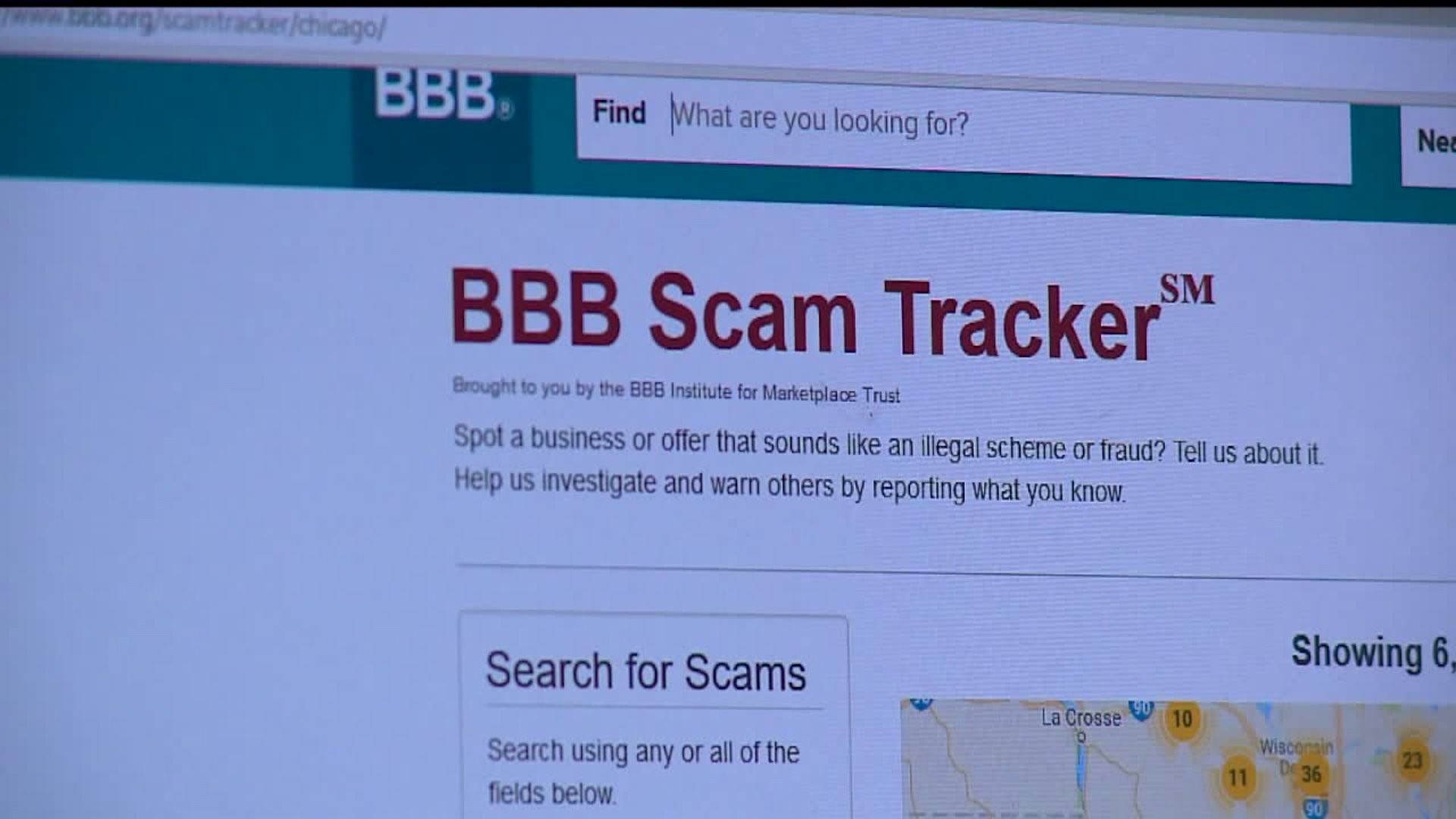HOUSTON, Texas-- As Texans continue to pick up the pieces after Hurricane Harvey, donations are pouring in from across the country.
But tragedy often makes givers vulnerable to scams.
So how do you choose where to send your money? And how do you avoid scams?
Most scams show up online. The Better Business Bureau cautions donors to check and double check the website they're on. Just one wrong letter, one misplaced word in the address, and you might be sending your donation to a crook and you'd never even know it.
"They copy, paste, they steal," BBB CEO Steve Bernas explains. "They make it look authentic. You have to do your homework and check them out yourself."
The non-profit recommends you always make your online donations with a credit card. That way, you have three months to dispute the charge.
During Hurricanes Katrina and Sandy, millions of dollars were stolen by scammers: preying on people just trying to make a difference.
To make sure your donation gets in the right hands, Bernas says, "Any organization you're dealing with, check in on them. In 'Google," or any other search engine, put in their name and the word 'scam' next to it and see what comes up."
Three take-aways from the BBB:
- Never wire money.
- Never click on a link posted on Facebook or in an email; that's too easy for third party scammers to intercept.
- Go to "Give.org" or "CharityNavigator.org" to make sure the charity of your choice is real.
The Better Business Bureau says most of the scammers are sophisticated criminals. They can open and close fake sites online easily and often, and they don't play by American laws.

